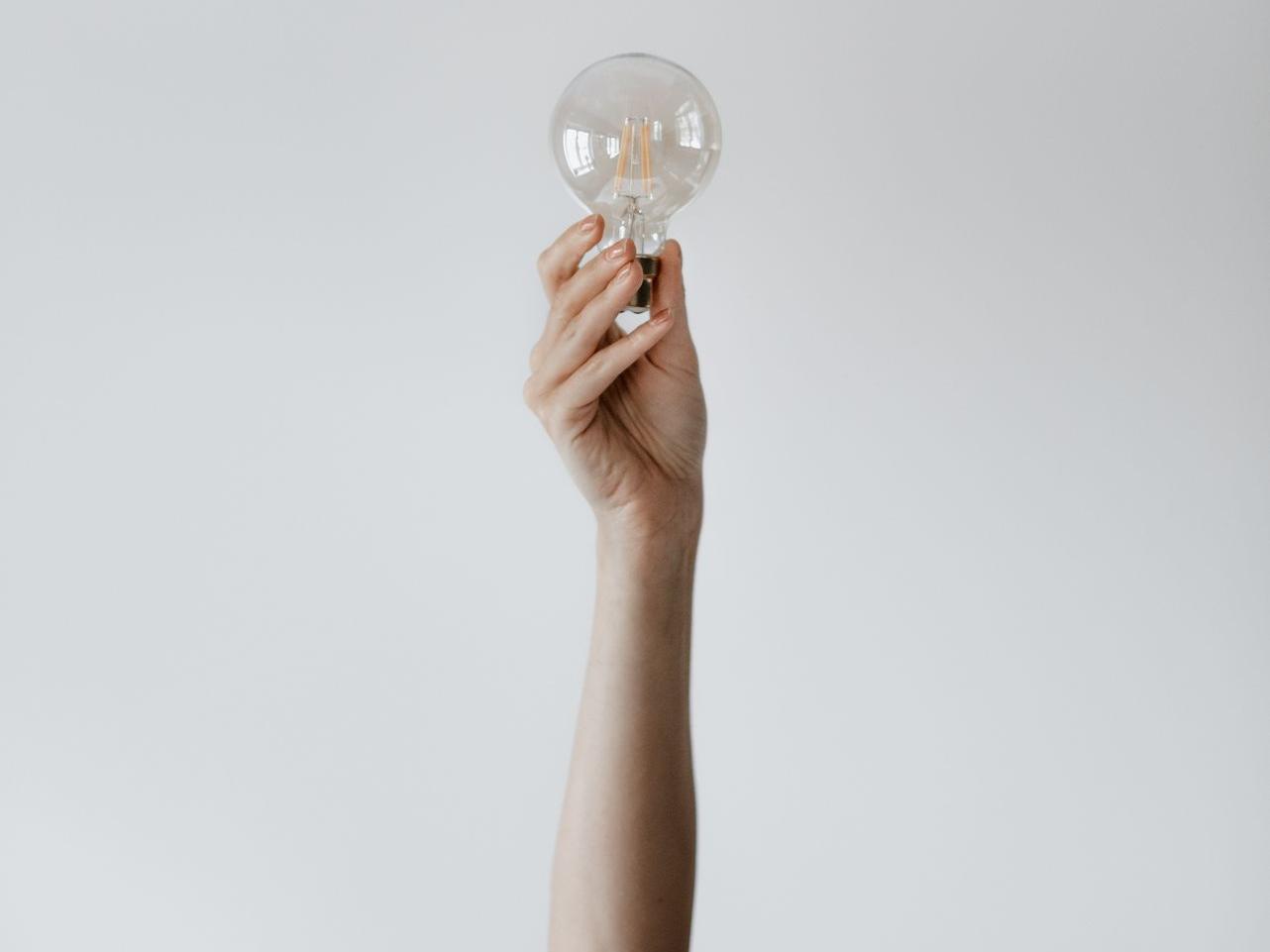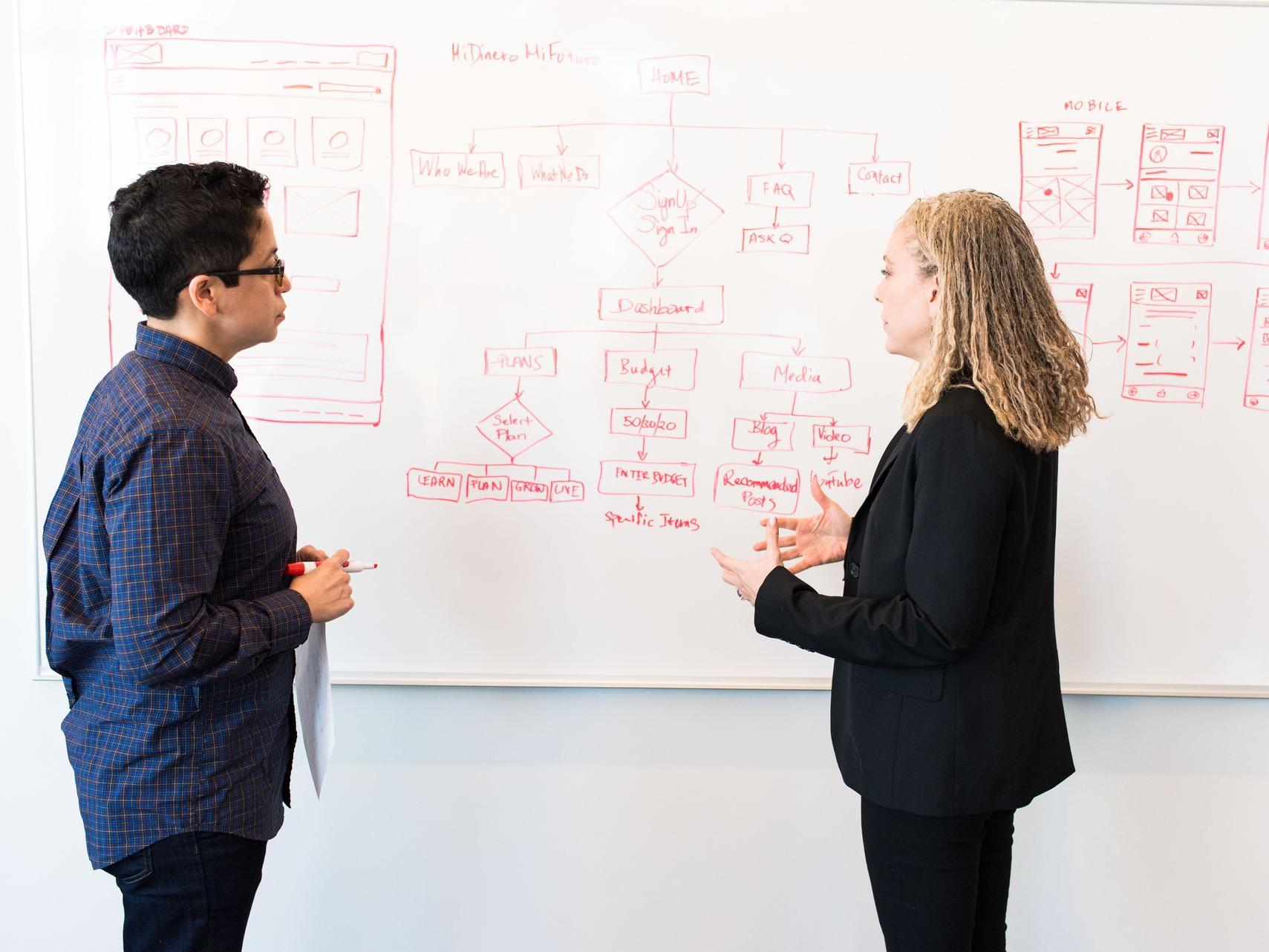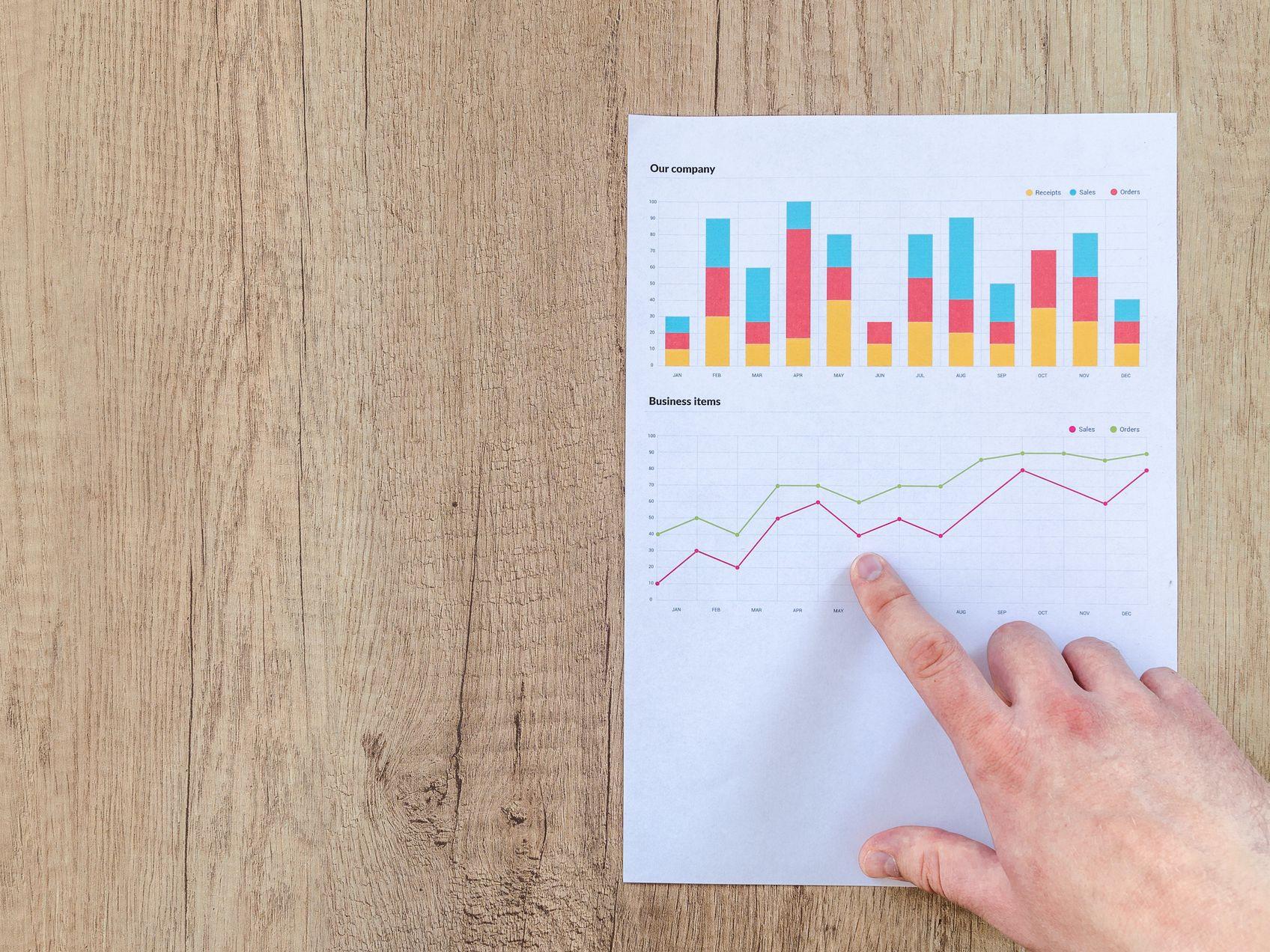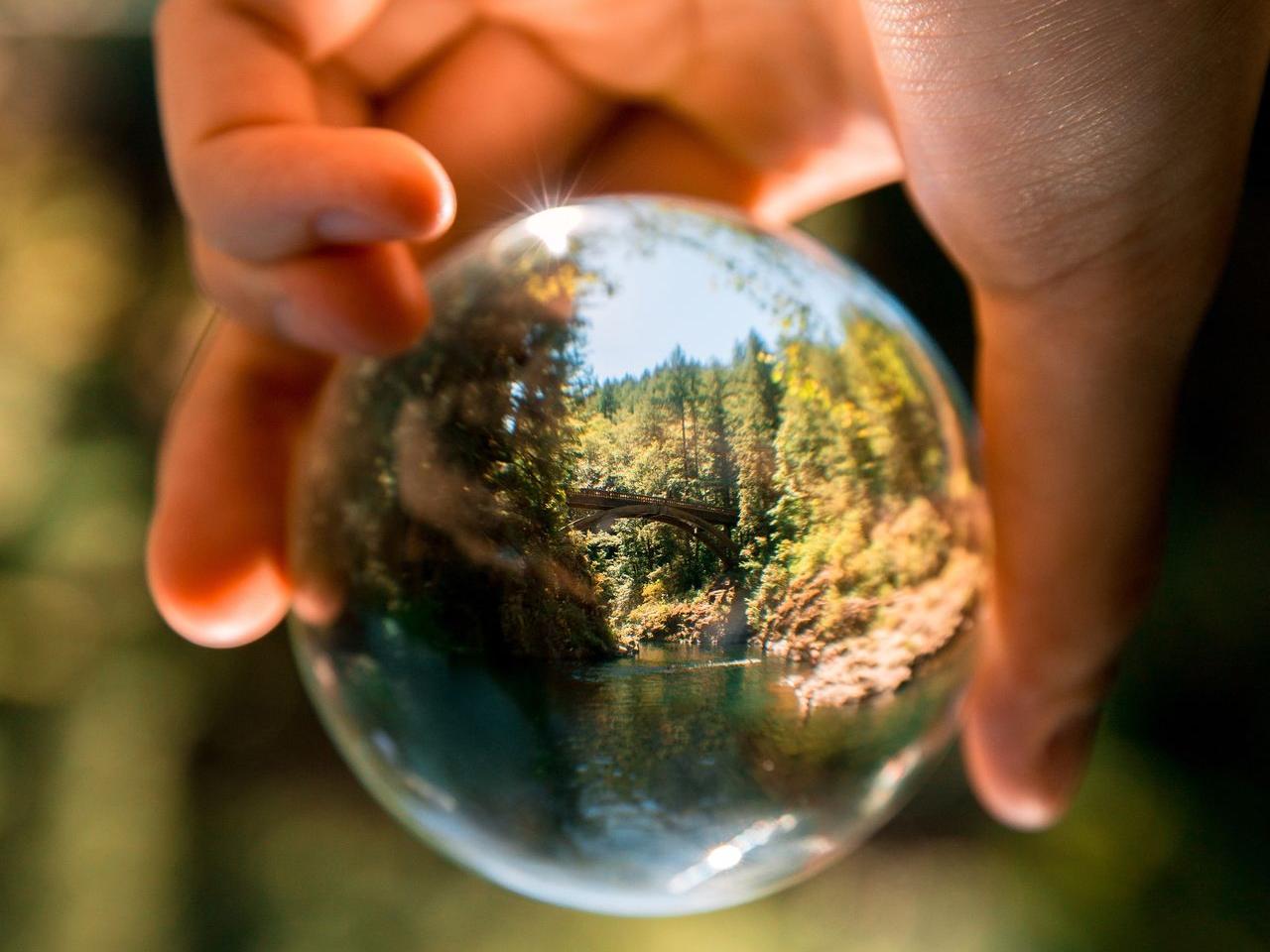
Project Overview
In response to the tourism decline and widening education gap caused by the COVID-19 pandemic, me and my partner, Sinead Hamel-Smith, developed "Edventure." This innovative application aims to level the education playing field by providing all students access to virtual tours of popular destinations.
Problem Statement
With the onset of the COVID-19 pandemic, traditional education methods were disrupted, with field trips - a crucial tool for primary education - becoming largely inaccessible. This reality presented a need to devise an alternative, inclusive solution to help students continue their exploratory learning.


Goals and Objectives
Our primary objective was to create a Minimum Viable Product (MVP) for a virtual tour platform that could simulate field trip experiences. We aimed to utilize technology to capture and present 3D models and 360-degree panoramic shots of popular destinations, ultimately enabling students to virtually explore these sites.
Research and Planning
Our approach started with the backend system's rough draft, focusing on the mobile application the following day. We utilized an iPad Pro and a Google Pixel 6 to capture 3D models and panoramic shots respectively, from the Botanical Gardens. Despite weather setbacks, we were able to collect a significant portion of the gardens' flora, using their scientific names to further research these items.

Design and Development Process
The application was developed using Flutter due to its scalability across various platforms, including Android, iOS, Linux, and Windows. The backend was designed using Flask with a PostgreSQL database. Key screens of the application included the main screen, Edventure detail screen, virtual tour screen, and interactive item detail screen.
The UI/UX design, colors, fonts, and other elements were designed by Sinead Hamel-Smith, using Adobe XD.

Challenges and Solutions
Time management and planning were the main challenges during the project. Initially, some parts of the Flask SQLAlchemy models turned out to be incorrect. This issue could have been mitigated through comprehensive feature iteration and the development of Entity-Relationship Diagrams (ERDs) and Class Diagrams. However, due to the tight 48-hour development period, we focused on developing the frontend and refining the MVP.
Results and Impact
The judges at the hackathon were highly impressed by the speed at which Edventure was developed and its stunning visuals. The real representation of the Botanical Gardens and the fact that the app was ready for use via Google Play store further added to their amazement.


Learnings and Reflections
The project underscored the importance of time management and setting realistic sprints to achieve objectives. It also opened our eyes to the regional scope of such competitions, and being one of the Trinidad winners was a great honor.
The future of Edventure is filled with potential, with plans to extend its capabilities to various niches such as furniture e-commerce, real estate, hotel booking, and global tourism. The experience gained from the project is invaluable, and we look forward to the opportunities it presents.